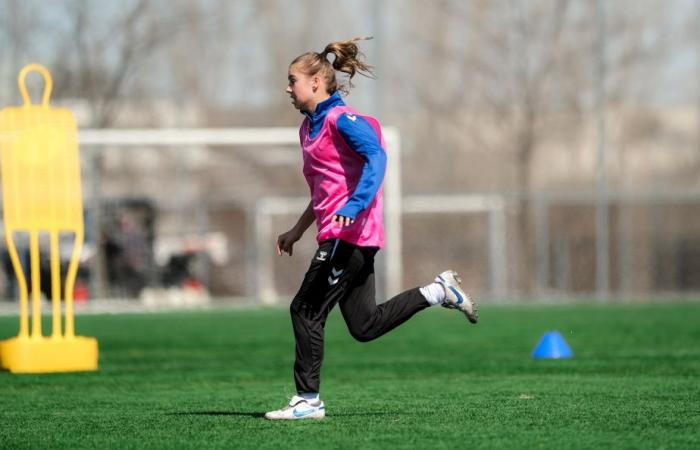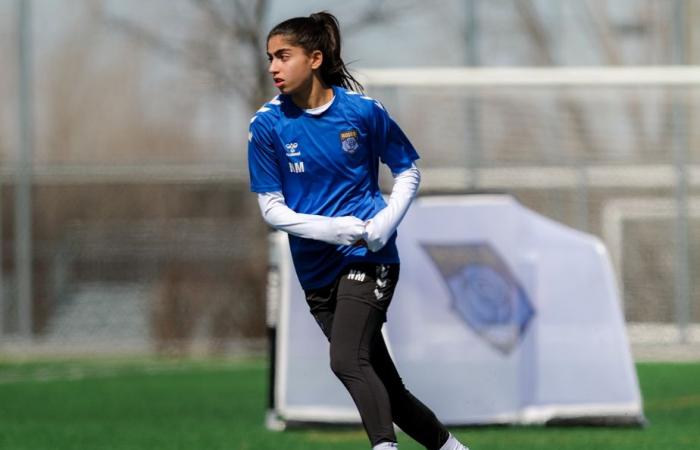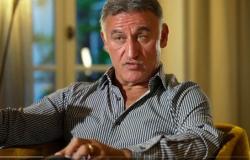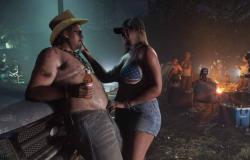(Montreal) The Montreal roses announced on Wednesday that he had agreed with the international defender Lara Schenk, as well as Quebec teenagers Savannah Chenail and Natelle Mokbel, Wednesday, a few days before their opening match in the Northern Super League.
Posted at 2:22 p.m.
Schenk, a 26 -year -old defender, was trained by the VFL Wolfsburg in the Bundesliga 1, before playing in the biggest European championships, especially in the Belgian Super League, with the RSC Anderlecht and the Yla club, as well as in Spain with the Sporting Club of Huelva.
“Schenk is a player of great versatility, capable of evolving both in central defense and at the side of lateral, with a preference on the right side, but a real ease on her left foot. Her mastery of the two feet, her tactical intelligence and her technical background make her a precious asset for our defensive line, “said Roses Sports Director, Marinette Pichon, by press release.
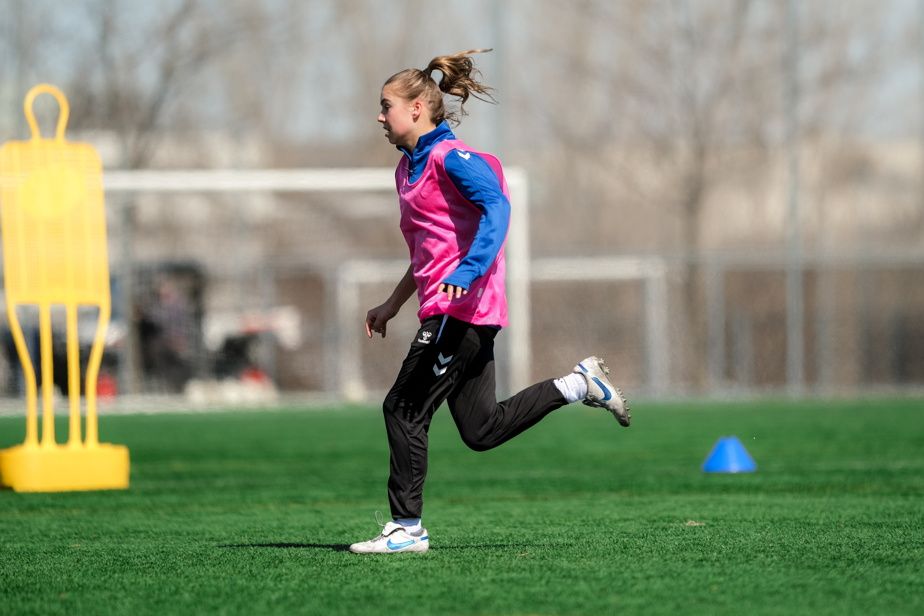
Photo Pablo A. Ortiz, provided by Montreal Roses
Savannah Chenail
For their part, Chenail, an offensive side, and Mokbel, a wing, will join the ranks of the workforce of the roses. These players, aged 17, will be able to participate in the training of the professional team and be called upon to play up to two blocks of three games with Montrealers this season.

Photo Pablo A. Ortiz, provided by Montreal Roses
Natelle Mokbel
In their majority, roses will make a decision as to their professional future: either fully integrate them into the workforce, or direct them towards other opportunities to continue their development.
In addition, the roses indicated that Mégane Sauvé and Tanya Boychuk were named the cocapitaines of the team.

Mégane saved and Tanya Boychuk
Photo provided by Montreal Roses
“The choice of Mégane and Tanya was quite natural: they are both models in the field and pillars off the field. Tanya, with her international experience and her constant involvement with the group, and Mégane, which perfectly symbolizes Quebec pride and commitment to the roses project, “explained Pichon and the head coach, Robert Rositoiu.
The roses will start their inaugural season in SLN by facing AFC Toronto at the BMO Field on Saturday.



